The Muslim World League (based in the Holy City of Mecca, Kingdom of Saudi Arabia) was established in 1962 following a resolution adopted during a meeting of the World Muslim Congress, held in the Holy City of Mecca on 14 Dhu Al-Hijjah 1381 AH (May 18 1962 AD). It is is one of the most important Islamic organizations in the world and aims to “present the true Islam and its tolerant principles, provide humanitarian aid, extend bridges of dialogue and …
Category: Fatwa
The International Islamic Fiqh Academy (IIFA) was created in 1981 and is located in Jeddah, KSA. It is a subsidiary of the Organisation of Islamic Cooperation (OIC), which is the largest organization representing the Muslim world with a membership of 57 states spread over four continents. The Academy’s mission is to provide religious guidance on modern legal, social, cultural and economic issues. It is an international body composed of over 65 Muslim scholars from all over the world and is …
Based upon our previous report and taking into consideration new fatwas from Dr Sheikh Ali Gomaa and The Fatwa Council of Tareem, Tabah approves UNHCR’s plan to distribute goods in place of cash provided that UNHCR can show that goods are purchased at a fair market price, and proof of delivery of said goods. Additionally, UNHCR may use Zakat to cover charges related to the storage and transport of said goods. This arrangement is only recommended in locations where the …
The Fatwa Council of Tareem is located in Hadramaut, Yemen. Hadramaut has been a major centre for scholarship for over a millennium and has produced many of the world’s leading Shafi’i scholars. The fatwa starts by reasserting that Zakat funds must be distributed to the categories mentioned in the verse 60 of Surah 9 in the Quran: {Zakat expenditures are only for the poor and for the needy and for those employed to collect [Zakat] and for bringing hearts together …
Dar al-Ifta al-Missriyyah is one of Egypt’s centers for Islamic legal research. It was established in 1895 and is considered one of the earliest modern fatwa producing institutes. Dar al-Ifta al Missriyyah is among the pillars of the religious foundations in Egypt, which include Al-Azhar Mosque, Al-Azhar University, Ministry of Religious Endowments, and Dar al-Ifta al-Missriyyah. It plays a significant role in giving rulings to the masses and in consultation to the judiciary in Egypt. The fatwa starts by stating …
The Council of Senior Scholars of Morocco is the highest official religious authority in Morocco, and includes a fatwa council. It follows the Maliki School. The fatwa starts by reasserting the importance of Zakat as one of the five pillars of Islam. It then explains that Muslims must give Zakat on their own to legitimate beneficiaries from their countries, who are the categories mentioned in the Quran, Surah 9, verse 60. But it is also allowed to transfer some or …
Sheikh Abdullah bin Bayya is a renowned scholar from Mauritania. Sheikh Abdullah bin Bayya is the Chairman of the UAE’s Fatwa Council, and an instructor at King Abdulaziz University in Jeddah. He served in the past as a judge at the High Court of the Islamic Republic of Mauritania and was the Head of Shari’ah Affairs at its Ministry of Justice. He currently serves as the President of the Forum for Promoting Peace in Muslim Societies, based in Abu Dhabi. …
Dr. Sheikh Ali Gomaa is the former Grand Mufti of the Arab Republic of Egypt and professor of Islamic jurisprudence at Al-Azhar University. He is currently a member of Al-Azhar’s Council of Senior Scholars[1]. As his fatwa is concise, we decided to put the full text as follows: “We would like to let you know that it is allowed in the Shari’ah to have non-Muslims distribute Zakat provided that they are not considered as those employed to collect Zakat who …

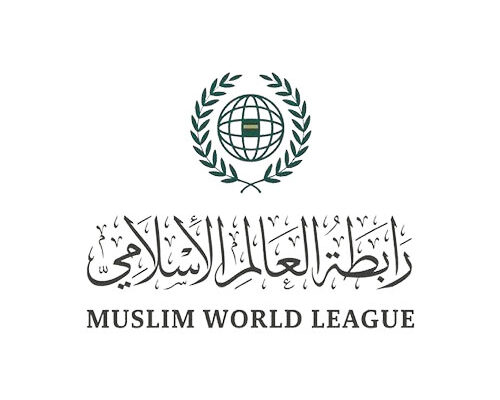
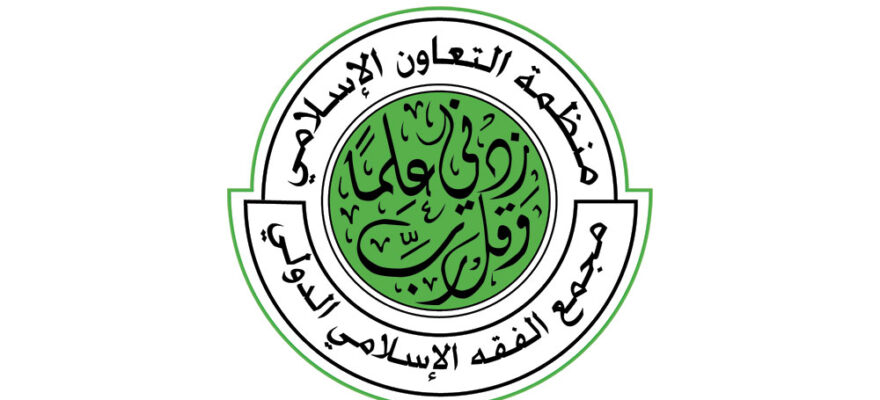
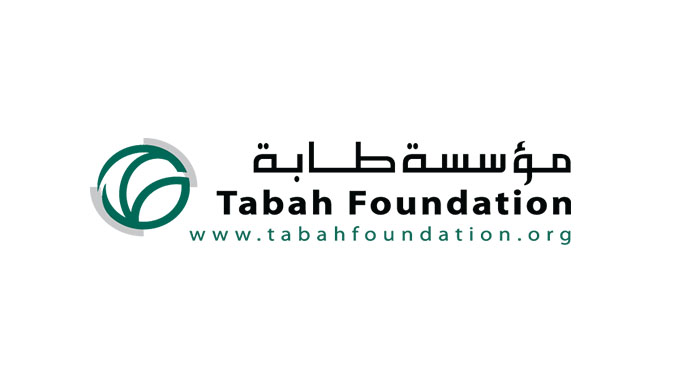
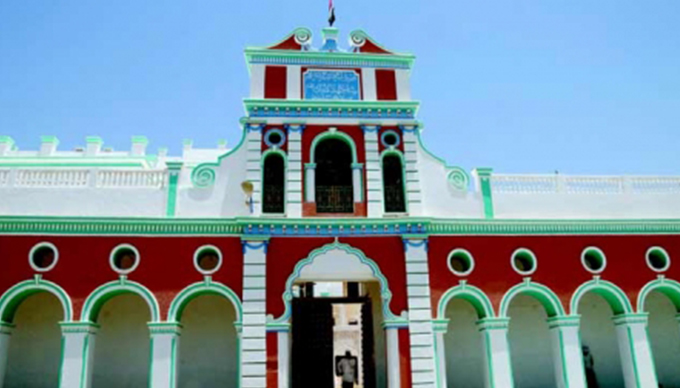
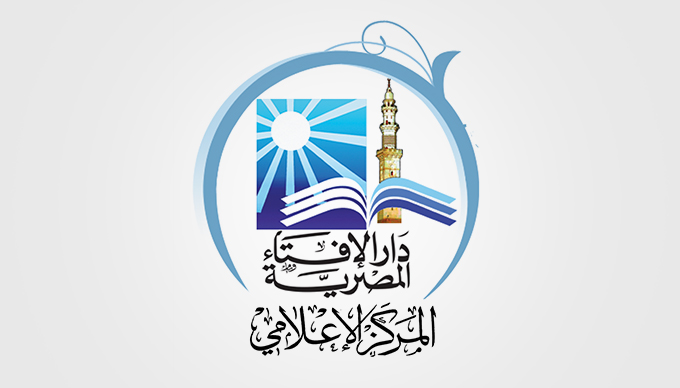
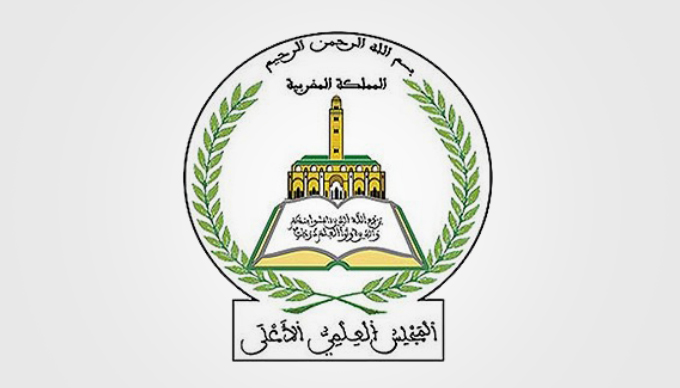
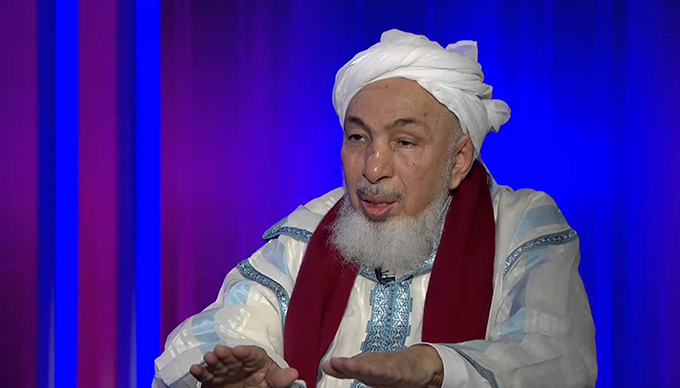
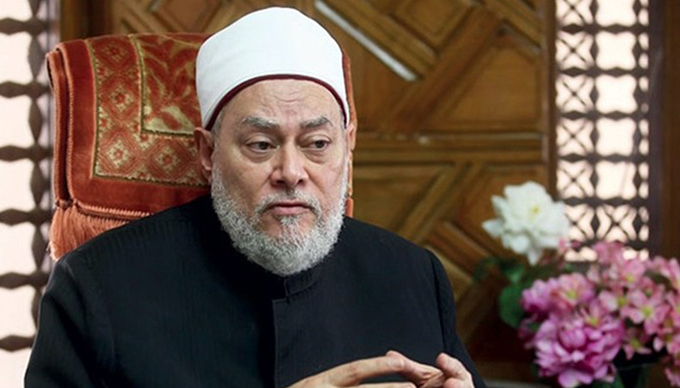




Social Profiles